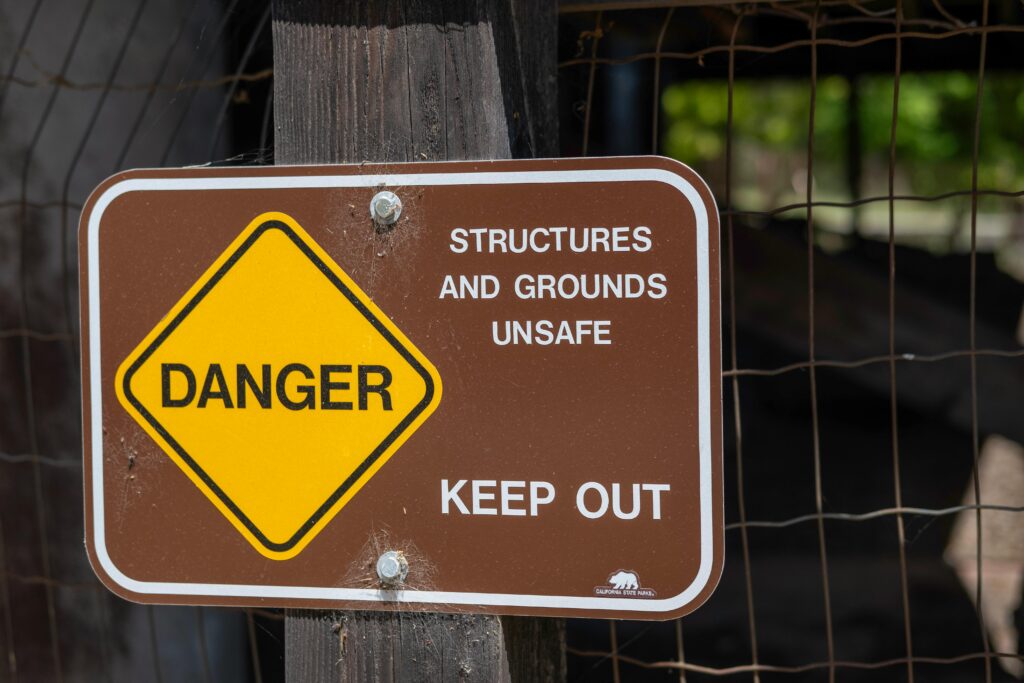Now Reading: DUI 101: 12 Things To Know
-
01
DUI 101: 12 Things To Know
DUI 101: 12 Things To Know
Operate a vehicle and navigate through roads takes considerable knowledge. It requires concentration and alertness to acknowledge various traffic signs and regulations. Furthermore, operating a vehicle requires self-discipline and patience, knowing that you’re not in a race to reach your destination. More than getting into a car, it’s a responsibility to keep you, your passengers, and other commuters safe while you’re on the road.
Unfortunately, these things are easily drowned in a few drinks or a few hits. Alcohol and illegal drugs impair your thinking, reasoning, and muscle coordination. You may feel the thrill of it, but it all ends when a police officer pulls you over, and you’re about to get a DUI.
What is a DUI? What are its charges and consequences? Here’s everything you need to know about it.
- What Is A DUI offense?
DUI (driving under the influence of alcohol or illegal drugs) is a criminal offense. It’s illegal in all states to operate a vehicle when the person’s driving skill is impaired with the use of alcohol, illegal drugs, or over-the-counter medication.
A DUI offense is established when blood alcohol levels go beyond the standard of .08g/dL.
Want to know more? Visit https://
- What Are The Penalties?
Potential penalties for DUI include fines, probation, and jail time. In some states, they may even require community service or alcohol seminars. Subsequent offenses also carry heavier fines and longer prison terms.
- How Is It Different From A DWI, OUI, OWI, and OMVI?
States use varying terms to describe the offense. A DWI stands for driving while intoxicated or driving while impaired. DUI often applies to intoxication with alcohol or drugs, while a DWI charge refers to alcohol only. Some states may interchange the coverage, so it’s best to check your state’s laws and definitions. Essentially, both DUI and DWI refer to being intoxicated with harmful substances while driving.
OMVI refers to operating a motor vehicle while intoxicated. On the other hand, OUI and OWI charge even if one is not driving. Only three states use these terms–Maine, Massachusetts, and Rhode Island.
- What Is A Field Sobriety Test?
A law enforcer conducts a field sobriety test to determine if you’re impaired or intoxicated. The field sobriety test includes asking the driver to walk in a straight line, making a one-legged stand, and the horizontal gaze nystagmus or eye and penlight test.
- How Is Blood Alcohol Content (BAC) Measured?
A Breathalyzer or blood or urine tests are capable of determining the amount of alcohol present in your blood. BAC levels that are beyond the .08 standard are qualified as a DUI.
- Can I Refuse A Chemical Test?
Chemical tests are based on an ‘implied consent’ clause, which means that you’re required to submit yourself to it since it’s part of the driving privileges offered by the state.
If you don’t comply with a chemical test, your license can be suspended for at least six months. It may even enhance penalties when you get convicted.
- What If My Levels Are Below .08?
If chemical tests show your BAC levels are lower, you might still get charged with a DUI if the law enforcer determines that your physical and mental ability are affected by alcohol or substance use.
- What About Those Under 21?
States follow the ‘zero tolerance’ rule when dealing with persons below 21. This means that even minute traces of alcohol, such as BAC levels of .01 or .02, are considered DUI.
- What About My Driving Privileges?
Your driving privileges are also suspended when charged with a DUI, which means that you won’t be able to drive. Authorities may even impound your vehicle.
Repeat offenders are required to install an ignition interlock device (IIDs) at their own expense. This breath analyzing machine measures the driver’s BAC level. Anything above .02 will cause the car’s ignition to lock and become inoperable.
- What Are The Costs Of A DUI Case?
DUI cases can be costly. You need to cover expenses related to towing your vehicle, hire a lawyer, and post bail. If you get convicted, you would need to pay the required fines and penalties, too. It may also cost you a higher premium on your insurance.
- What Are The Effects Of A DUI On My Employment?
A DUI forms part of your criminal record and can affect your current and future job opportunities. Depending on the contract that you currently have, it could cost your job. You may struggle to find one in the future as employers often include criminal charges in their interviews and background checks.
While employers shouldn’t discriminate against anyone with a DUI record, they have the prerogative to turn down your application if hiring you is too much of a risk.
- Can I Erase My DUI record?
It’s possible to remove DUI from your criminal record through a process called expungement. But this depends on meeting the required conditions and if the state permits you to do so. Your lawyer can file a petition, and it’ll take some time before it’s eventually removed.
- What If Someone Dies As A Result Of My DUI?
If someone dies in a case of driving under the influence, the offense becomes punishable under the Penal Code. This case is a felony DUI. According to the California Penal Code 191.5 PC, vehicular manslaughter involves the death of another person while the at-fault driver is intoxicated. The incident is presumed to be caused by the driver’s negligence.
The prosecution has less sympathy for the at-fault driver involved in felony DUI in California. Hence, when someone dies because of a vehicular accident, the accused will immediately face a murder charge. In this case, a California felony DUI lawyer can help clients involved in this type of DUI case.
- How Can A DUI Attorney Help Me?
A DUI lawyer can assist people who are facing charges involving driving under the influence of drugs or alcohol. The attorney will check the severity of the client’s case, including the number of times the individual has been charged with DUI and the corresponding penalties.
Once the case has been investigated and scrutinized, the DUI lawyer will provide expert recommendations on how the client should proceed. The attorney will determine if the client can pay the penalty, resort to settlement (in case of a car accident), or need to face imprisonment. They will also prepare all the necessary evidence and legal paperwork for you.
Conclusion
A DUI charge is more than getting caught because you’ve drunk one too many. It’s embarrassing, at the very least, since it can have severe consequences in your life. It can take away your driving privileges and can cost your current and future job opportunities.
Drinking and driving never match, which is why it’s best to keep in mind what a DUI is and avoid a situation that can change your life and even end other people’s lives.








